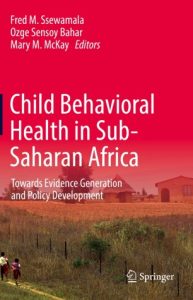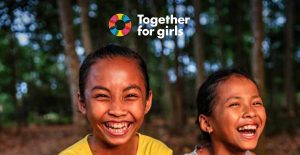On his way, he was offered a lift by a bodaboda cyclist. However, the bodaboda man never stopped at the centre. Instead Emma was transported up to Asuret village, Soroti district in Teso.
He was then shown a herd of cattle and promised sh20,000 monthly pay. The young boy could only manage a week and decided to escape.
Emma was rescued by a woman who took him to the police but for better shelter he was transferred to Amecet, a renowned registered charity home for orphans and vulnerable children in Soroti.
Emma stayed at the shelter for a week. He was probed about his home and with enough credible information reconnected with family.
Like Emma most children from Karamoja continue to suffer the same misfortune. If they are not being lured and forced into labour, they are bought off from their families, Simon Orugon, the Assistant Manager at Amecet, said.
The concern
The International Labour Organisation (ILO) estimates that there are 40.3 million victims of human trafficking globally. 25% of them are children. 81% of them trapped in forced labour.
Every month between two to three children trafficked from Karamoja are brought in the care of Amecet centre when they are intercepted while in transit, or when they run away from their employers.
Sold to provide cheap labour, they are mainly intercepted while in transit.
“There are checkpoints on the transit routes. However, the traffickers have even stopped bringing them in the buses. But we know how a child being trafficked to be sold into slavery looks like, the places where they are sold, they are busy markets, we can tell, you can see and sense something is going on,” Orugon said.
The ILO estimates that forced labour and human trafficking is a $150b industry worldwide.

Book Launch: Join us for the virtual launch of the book Child Behavioral Health in Sub-Saharan Africa on Feb 16
Examines evidence-based, culturally appropriate child and adolescent behavioral health research from the region Highlights intervention





